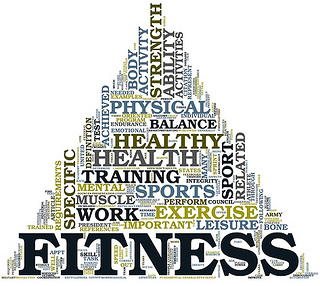Cholesterol Reduction With Diet Control
 When we were born our LDL, Low Density Lipoprotein level is only at about 1.3 mmol per liter of blood and today a general reading of LDL for an adult is at 3.3 mmol per liter of blood. LDL is usually monitored as this is the cholesterol level that has more direct linkage to heart attack comparing to the overall cholesterol level. We also need to measure the HDL/LDL ratio for our cardiovascular risk since HDL or High Density Lipoprotein is the blood cholesterol that cleans our arteries. Higher HDL/LDL ratio means a better cholesterol level for us.
When we were born our LDL, Low Density Lipoprotein level is only at about 1.3 mmol per liter of blood and today a general reading of LDL for an adult is at 3.3 mmol per liter of blood. LDL is usually monitored as this is the cholesterol level that has more direct linkage to heart attack comparing to the overall cholesterol level. We also need to measure the HDL/LDL ratio for our cardiovascular risk since HDL or High Density Lipoprotein is the blood cholesterol that cleans our arteries. Higher HDL/LDL ratio means a better cholesterol level for us.
Diet control is the best way to control or reduce blood cholesterol level. Vegetarian has a lower heart attack risk compared to meat eaters. Vegetarian diet seems to be the healthier way to eat and not forgetting about good fats and oil; monounsaturated oil such as olive oil is one of the best oil to consume for healthy heart.
In order to reduce our cholesterol level, we need to consume non meat but a balance diet that is filled with high fiber; fiber is known to be able to tie the excessive cholesterol in the blood stream and remove them from our body system. Also note that whole grains are much healthier than their refined counterparts. Spices and herbs are, in general, flavorful and healthy additions to the diet, and some will also lower cholesterol level. Among them, it is found that garlic is one of the best with effective result to lower cholesterol and reduce cardiovascular risk.
Eating garlic has the most wide-ranging and beneficial effect that significantly reduces the levels of cholesterol in the blood, especially the harmful, low-density lipoprotein, LDL. More importantly, garlic has the ability to increase the blood’s tendency to dissolve clots. The simple garlic is save to use, to consume as it is a natural and pleasurable part of our diet.
Much research has focused on the fact that there are many individual nutrients in the diet that can help to protect the heart and blood circulation, and that leave us vulnerable if they are missing in a refined and processed-food diet. Hence cut down the consumption of processed food and have more of fresh, organic living fruits and vegetables that has plenty of natural antioxidants-vitamins C and E, essential fatty beta-carotene and minerals like zinc, copper, selenium, and magnesium. It is not easy, and certainly very expensive, to take these “micro-nutrients” as supplements. But they can be found in natural, unrefined foods and most important is they are good to have for a healthy heart.
